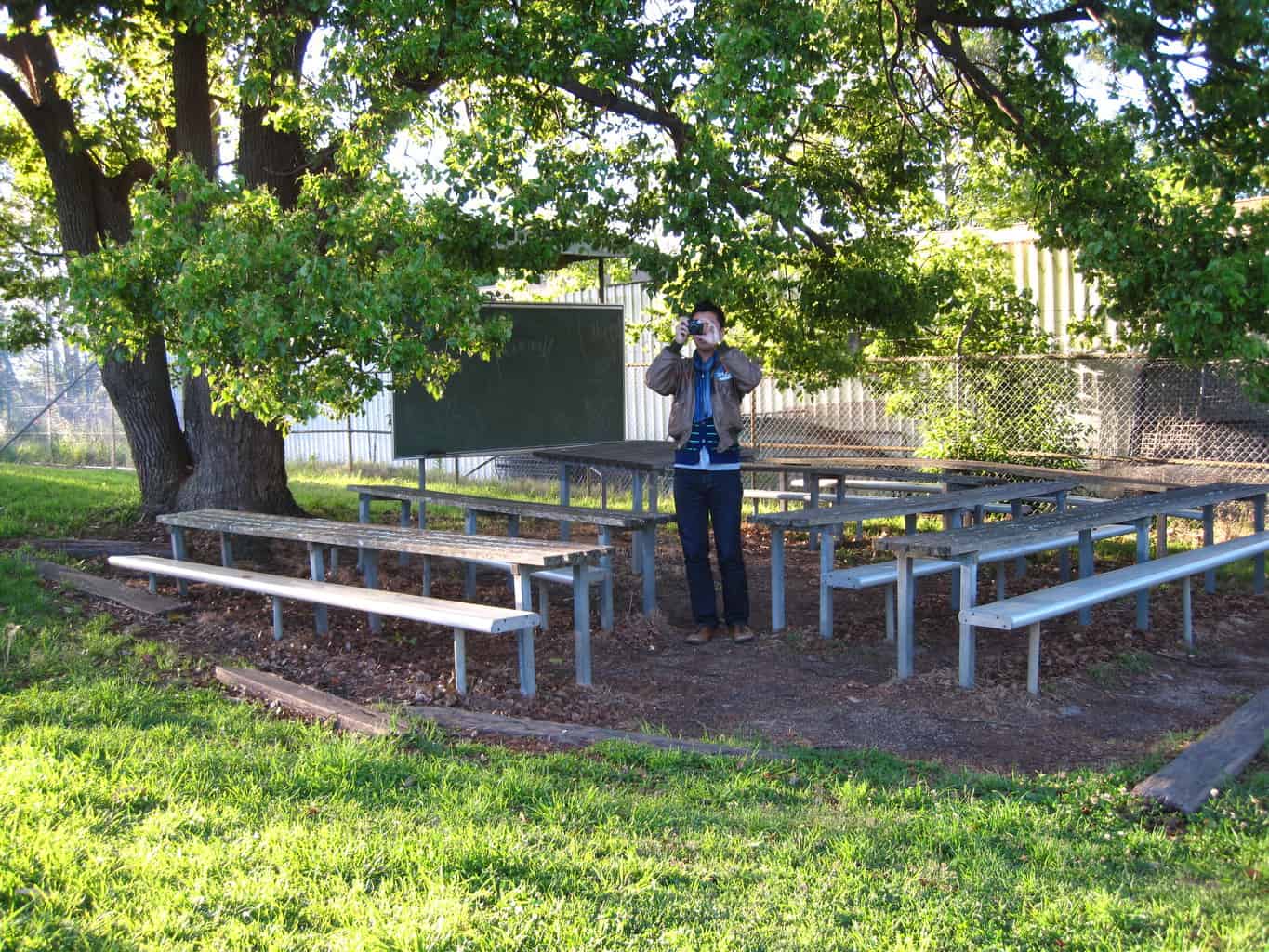When the weather’s right, outdoor learning is a different way of engaging with pupils. If there’s a way of inspiring children to take on a different perspective, this is one of the ways to do it!
There are many additional factors to consider when studying outside or conducting an outdoor learning activity, but the reward gained is far greater. Here are some of the benefits to outdoor learning for children, courtesy of this junior school in Surrey.
What is meant by outdoor learning?
Outdoor learning can mean two things: lessons conducted in an outdoor “classroom” or a personalised activity conducted outside with the teacher.
Most of the time, teachers put together a series of activities or group work that can be completed within the hour and provide rewards and other engaging material for students.
In recent years outdoor learning has become increasingly popular not just for younger students but for older students alike.
What skills can outdoor learning improve?
There are several skills that outdoor learning can improve:
- Inquisitiveness
- Problem-solving
- Critical thinking
- Appreciation and respect
- Collaborative working
- Leadership skills
- Communication skills
Depending on the aim of the outdoor lessons, students can greatly expand their knowledge, confidence, and self-esteem when developing these skills. It allows them to think outside the box.
There are also many health benefits associated with the great outdoors, which include:
- Developing fine-motor skills
- Understanding nature and how it impacts the world
- Mental health improvements
- Physical health
There are many benefits that children have when taking part in outdoor lessons, and it gives children the opportunity to learn in a way that may be unique to them. Allowing your child to remain open to change can also give them a chance to grow and develop in other subjects at school. Outdoor learning can be a true gift for children to experience.


